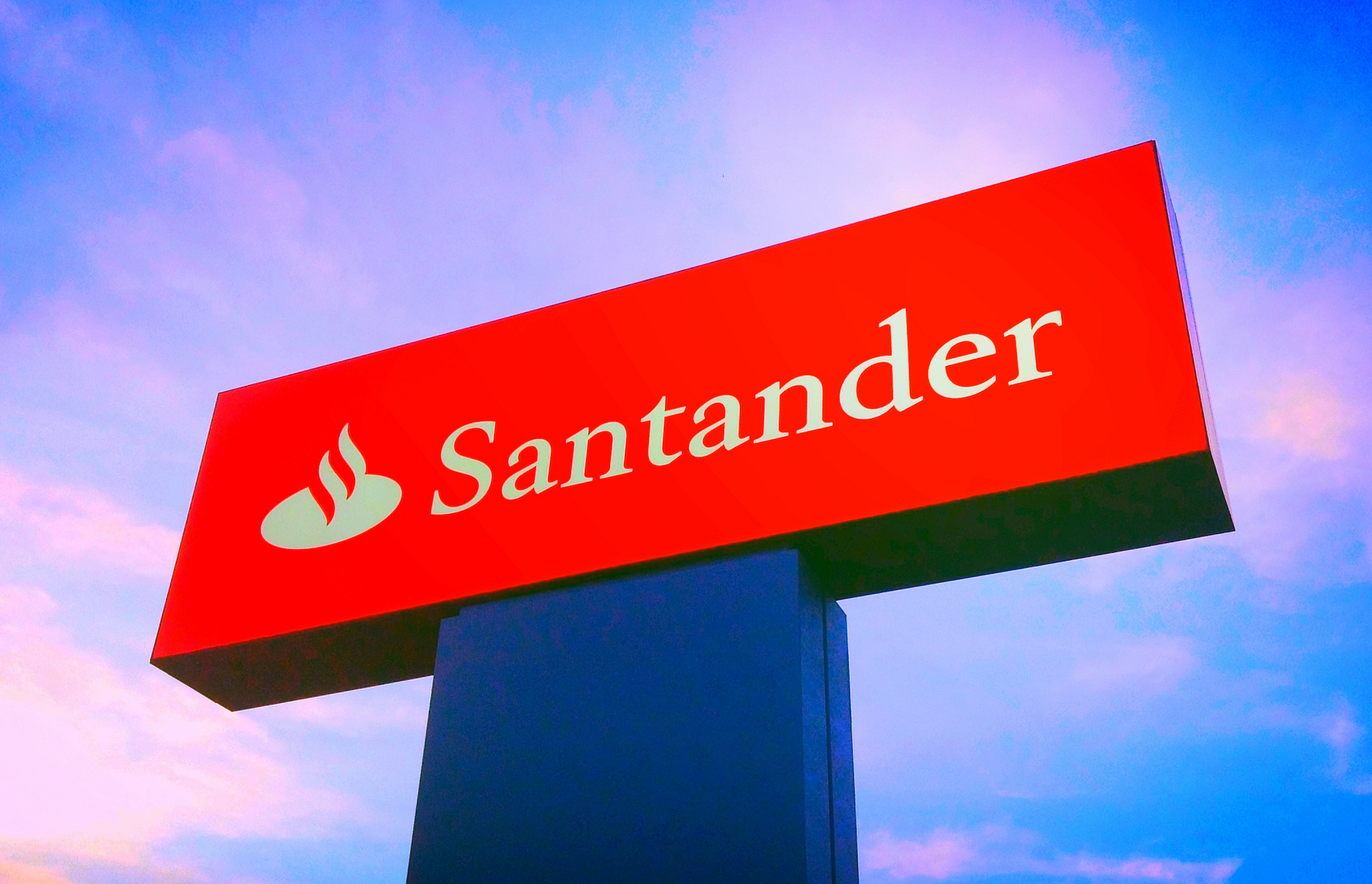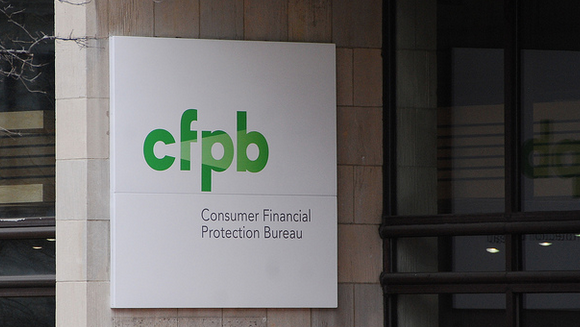Under federal law, depository institutions are prohibited from charging overdraft fees on ATM and one-time debit card transactions unless consumers affirmatively opted in. But a new report suggests that those who do opt-in might not know the cost of such a decision, with opted-in frequent overdrafters spending about $450 more in fees each year than non-opted-in frequent overdrafters. [More]
overdrafts
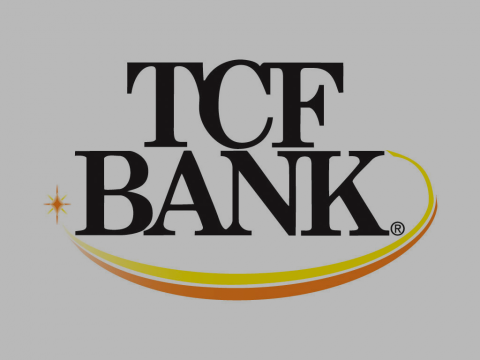
CFPB Says TCF Bank Made Millions From Misleading Overdraft Practices
Fifteen months after Minnesota-based TCF Financial revealed it could face legal action from federal regulators related to alleged unfair and deceptive overdraft practices, the Consumer Financial Protection Bureau has finally taken legal action against the bank. [More]
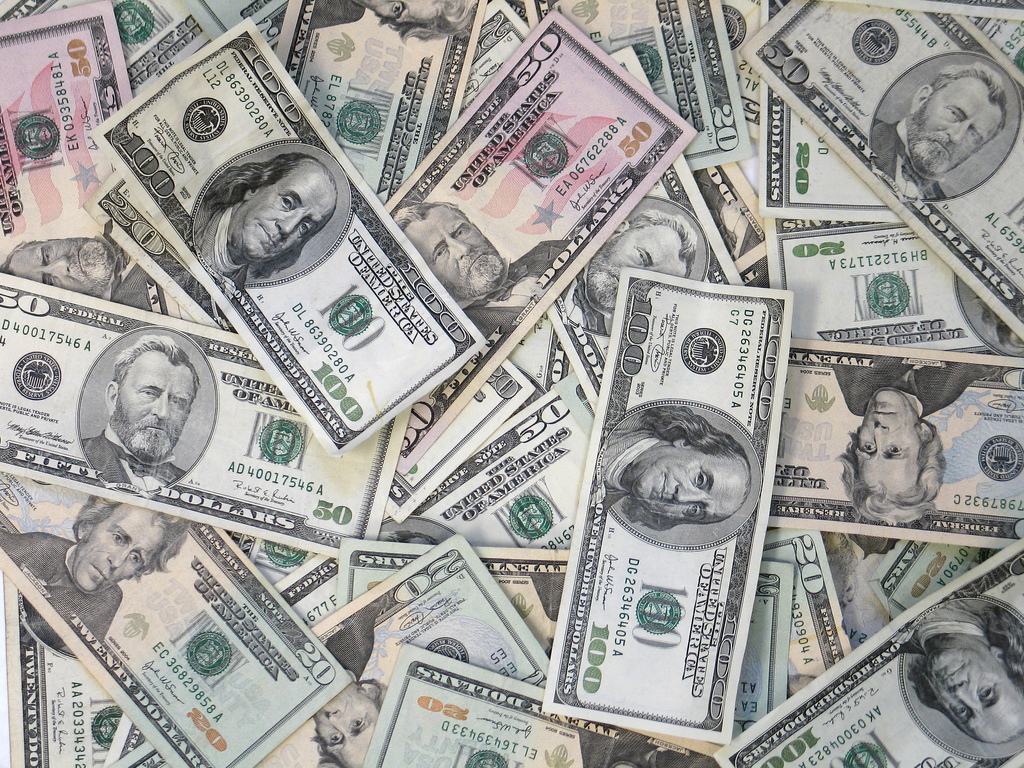
Bank Overdraft Policies Have Improved, But Not Enough To Protect Most Consumers
Over the years, banks across the country have modified their policies regarding overdraft fees to comply with federal regulations — including requiring consumers to opt-in to the costly protection. Despite this, account holders spend nearly $32 billion each year on the fees. And according to a new report, that likely won’t end anytime soon, as most large U.S. banks continue to charge high, sometimes exorbitant overdraft fees. [More]
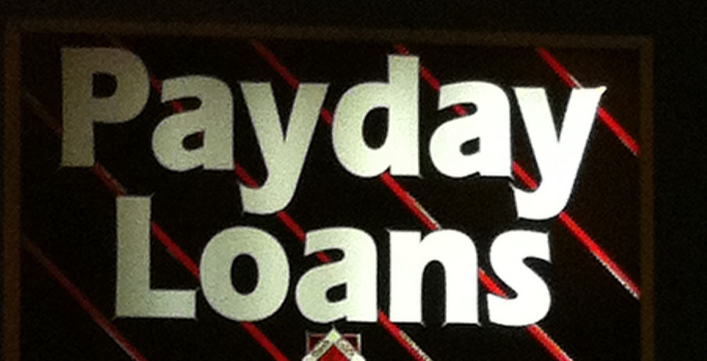
Online Payday Lenders Could Be Worse Than Traditional Payday Lenders
The typical outsider’s view of payday lending involves seedy looking storefront shops in strip malls near pawn shops and bail bonds, so the idea of going to a short-term lender with a cleanly designed, professional website might seem more appealing (not to mention convenient). However, a new report finds that online payday loans may wreak more financial havoc than their bricks-and-mortar counterparts. [More]

Honda Financial Services Really Sorry They Double-Billed Customers
If you can’t get through to Honda Financial Services, the automaker’s U.S. financing arm, don’t be surprised: they’re currently dealing with a double-debiting fiasco affecting customers who submit payments online. Some customers report that their accounts have overdrafted due to the unexpected double payments. [More]
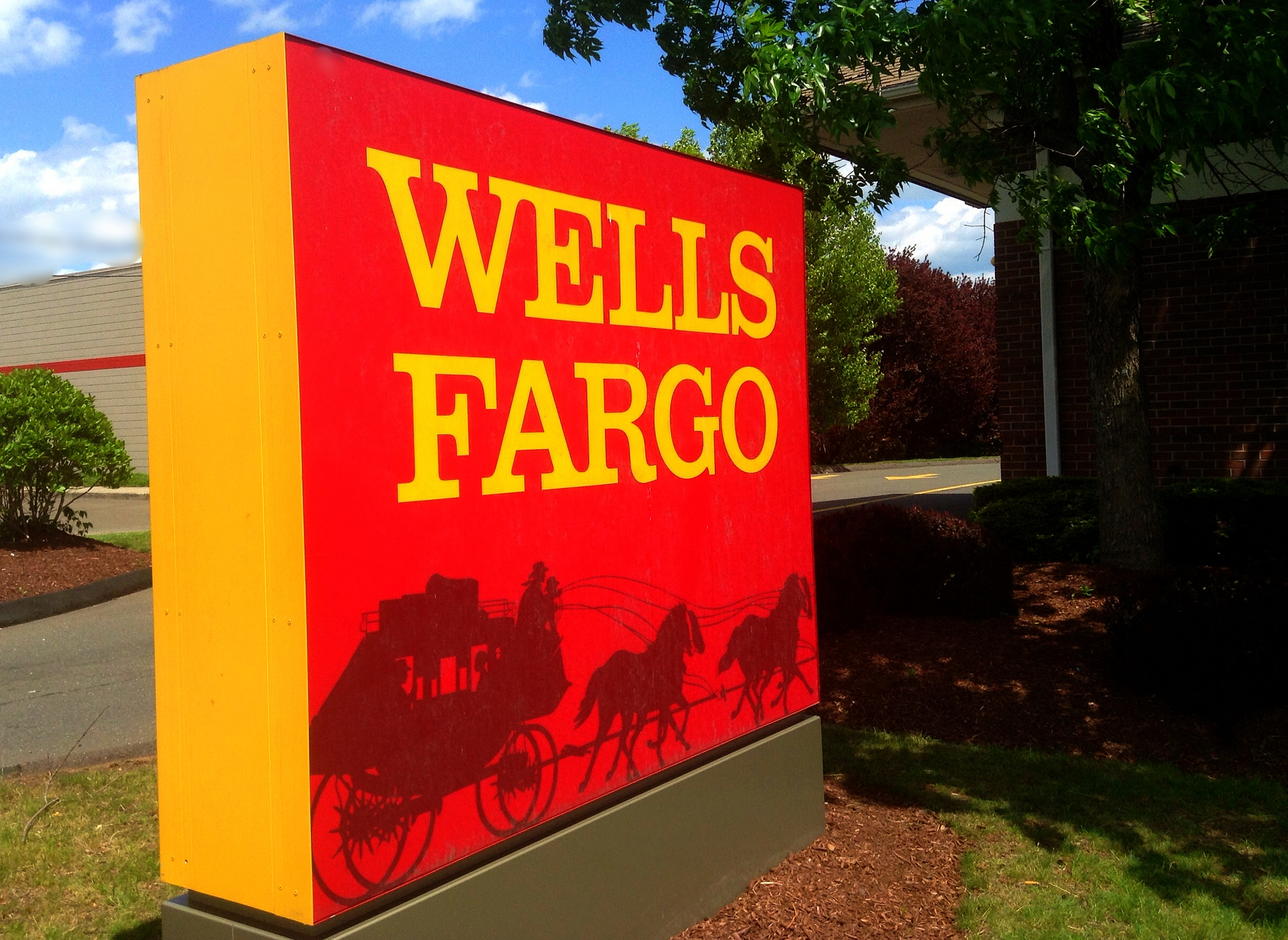
Wells Fargo Must Pay $203M To Customers After Supreme Court Rejection
Nearly six years after a federal court ordered Wells Fargo to pay $203 million in refunds to customers victimized by the bank’s overdraft policies — and after years of bouncing back and forth through the appeals process — the U.S. Supreme Court has decided to let that judgment stand. [More]
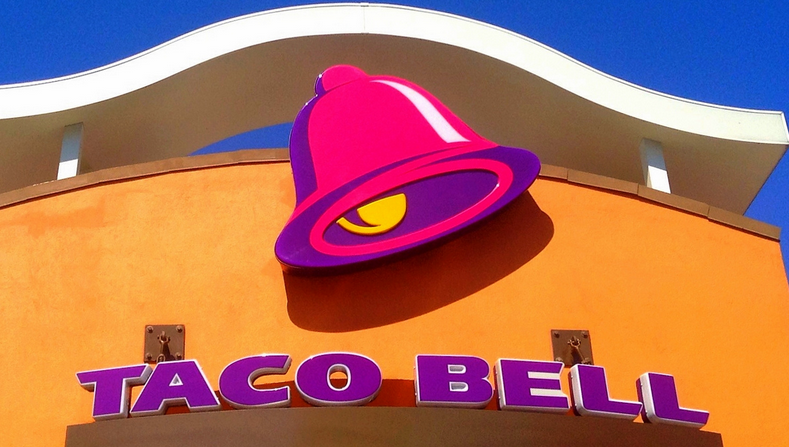
Taco Bell Refunds Customer After App Billing Disaster Causes $210 of Overdraft Fees
Diners may choose to use the mobile app from their favorite fast food joint for a number of reasons: to easily customize their meal, to ensure they don’t have to wait in long lines to order, or to get in and out of the joint in a flash. One thing these customers likely don’t count on is having the charges for a month’s worth of app orders cleared on the same day, resulting in an overdrawn bank account through no fault of their own. [More]
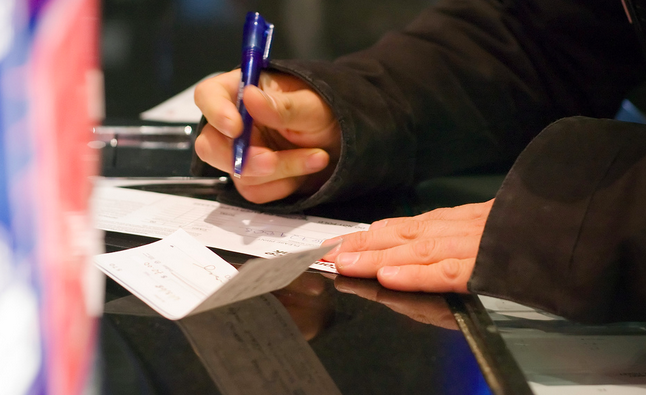
Federal Inquiry Probes TCF Bank’s Overdraft Practices
Overdraft fees cost consumers an average of $32 billion each year. The hefty fees and their often less-than-transparent policies, which vary greatly between banks and financial products, have long garnered the ire of consumer advocates and federal regulators. Case in point: a Minnesota-based bank is now under investigation for possibly unfair and deceptive practices related to its overdraft program. [More]

Abusive Lending Practices Can Lead To Negative Long-Term Consequences For Borrowers, Communities
Every year, more than 12 million Americans spend $17 billion on payday loans, despite the fact research has shown these costly lines of credit often leave borrowers worse off. Yet abusive lending practices are not relegated to borrowers in need of a couple hundred dollars to stay afloat until their next paycheck; there are mortgages, car loans, and other traditional lines of credit that can leave the borrower in a bind. Even if you never find yourself on the wrong end of a predatory loan, these products can still be a drain on your entire community. [More]
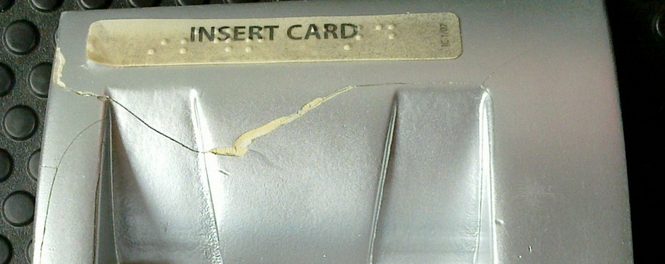
Dept. Of Education Proposes Rules To Govern College Prepaid Credit & Debit Cards
College students’ federal aid has increasingly been put at risk by the cozy relationship between institutions of higher education and credit card issuers over the years. While consumer advocates and legislators have debated whether or not products like student IDs that double as credit or debit cards provide an actual benefit to students or if they’re just a way for schools and banks to rake in the big bucks, the Department of Education finally took steps today to ensure students are afforded proper protections from excess fees and other harmful practices with the proposal of regulations targeting the college debit and prepaid card marketplace. [More]
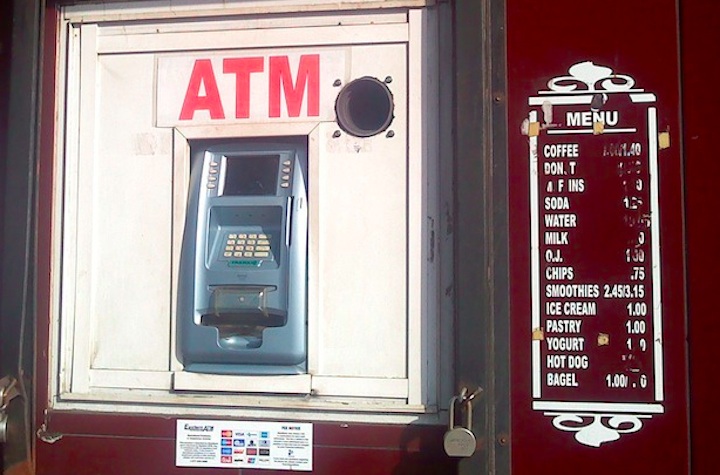
Banks Continue To Improve Consumer Safeguards, But Progress Isn’t Coming Fast Enough
Opening a checking account with a bank is a rite of passage of sorts for many consumers, but the plethora of small-print disclosures, fees and other services are enough to confuse even the most seasoned account holder. While banks attempted to simplify their practices over the years, a new Pew Charitable Trusts report shows that some banks – and regulators – have a long way to go before they’re truly doing everything they can to protect consumers. [More]
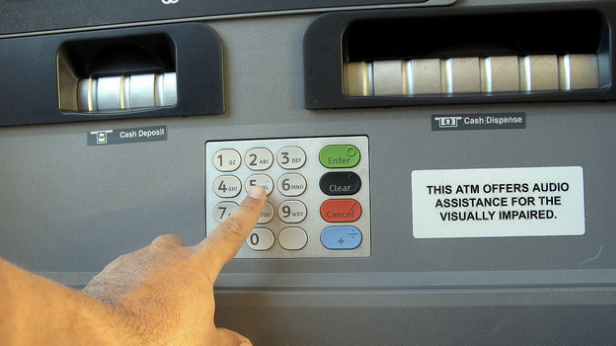
CFPB Fines Regions Bank $7.5M For Collecting Illegal Overdraft Fees
Each year consumers spend nearly $32 million in exorbitant overdraft fees to their banks and credit unions without fully understanding the way in which these fees work or how much they spend on each overdraft. Today, the Consumer Financial Protection Bureau reminded banks that using consumers’ lack of knowledge to collect more fees isn’t acceptable by imposing a $7.5 million fine against Regions Bank for unlawful overdraft practices. [More]
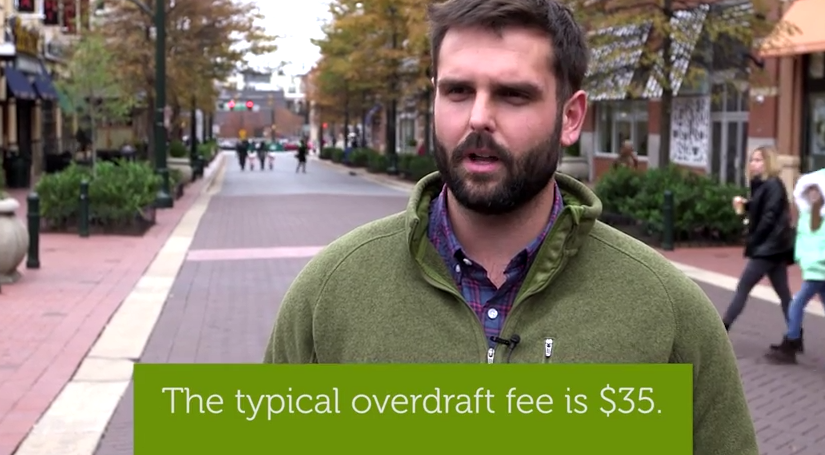
Many Americans Still In The Dark About Overdraft Fees & Other Bank Practices
While millions of consumers contribute to the $32 billion in overdraft fees collected each year, a new video shows that many checking account holders don’t fully understand the way overdrafts work or how much they spend on the fees each year. [More]

Student IDs That Double As Debit Cards Carry Significant Overdraft Fees
The cozy relationship between institutions of higher education and credit card issuers has come under increased scrutiny in recent years as consumer advocates and legislators have debated whether or not products like student IDs that double as credit or debit cards provide an actual benefit to students or if they’re just a way for schools and banks to rake in the big bucks. According to a new report from the Center for Responsible Lending, the excessive overdraft fees surrounding the use of the cards suggest the latter point. [More]

Charging Fewer Fees Doesn’t Mean Banks Aren’t Making Billions Of Dollars From Customers
Despite the fact that consumers pay more than $32 billion annually in overdraft fees alone, a new report found that the amount of money banks make off customer-account fees declined for the first time in seven decades. [More]
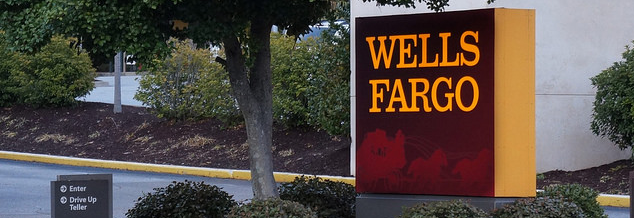
Wells Fargo To Stop Reordering Check Transactions; Should Reduce Overdraft Charges
A little talked-about way in which banks maximize overdraft fees is by processing transactions not in the order in which they are received, but in a way that results in the largest number of overdrafts. Now the folks at Wells Fargo are putting an end to this practice for its checking account customers. [More]



